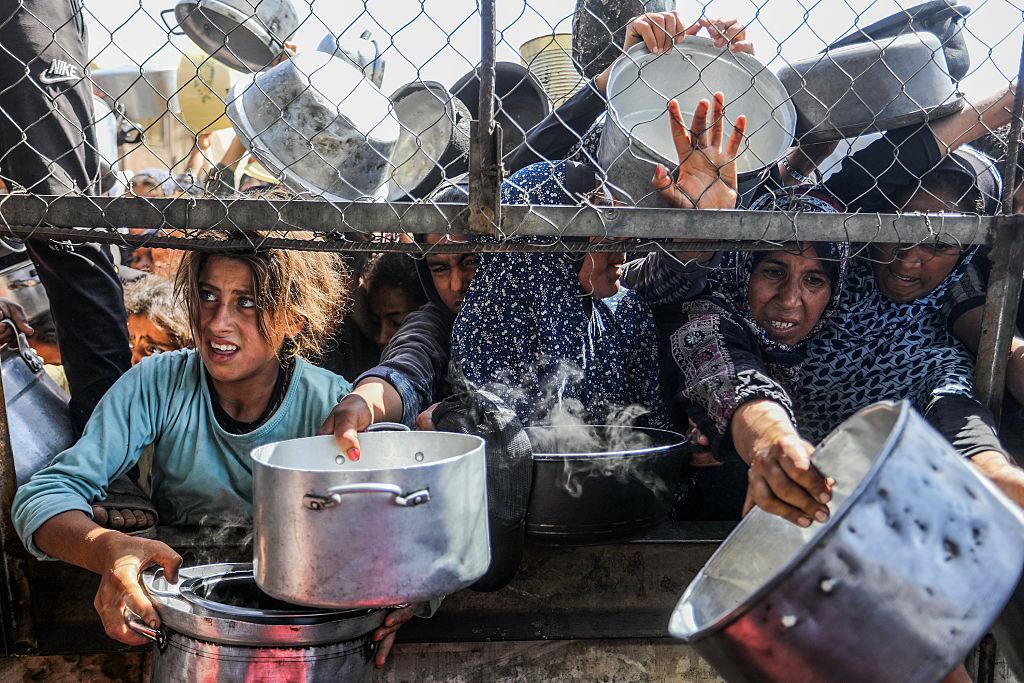
Eid in Gaza: Prayer Amidst Ruins, Hunger, and Growing Humanitarian Crisis
June 6, 2025, was a day of mixed emotions for Palestinians in Gaza as they observed Eid al-Adha, a significant Islamic holiday. The usual celebration, marked by feasting and family gatherings, was overshadowed by the devastating humanitarian crisis that has gripped the region. The ongoing conflict and destruction have left a trail of devastation, with over 54,000 lives lost and widespread displacement. Amidst this turmoil, residents of Gaza gathered for prayers in open spaces, as many mosques were destroyed or rendered unusable.
The Eid prayers, usually held in grand mosques, were instead conducted in makeshift spaces, such as streets, parks, and other open areas. This was a stark reminder of the dire situation in Gaza, where the conflict has left a lasting impact on the daily lives of its inhabitants. The destruction of mosques, a symbol of faith and community, has been particularly poignant, as it has robbed people of a sense of normalcy and comfort.
The humanitarian crisis in Gaza has been escalating, with the United Nations warning of an impending famine that could affect nearly 500,000 people. The shortage of food and other essential items has become a major concern, with many residents struggling to access basic necessities. The UN’s Food and Agriculture Organization (FAO) has reported that the average Palestinian in Gaza receives only 70-80% of the daily calorie intake recommended by the World Health Organization (WHO).
The situation is particularly dire for vulnerable groups, such as women, children, and the elderly, who are already struggling to cope with the aftermath of the conflict. The lack of access to clean water, sanitation, and healthcare facilities has further exacerbated the crisis, making it even more challenging for people to survive.
The distribution of aid has been hindered by the escalating violence and destruction, making it difficult for humanitarian organizations to reach affected areas. The Israeli military’s restrictions on movement and trade have severely limited the ability of aid agencies to deliver life-saving assistance to those in need.
Despite these challenges, aid agencies and international organizations are working tirelessly to provide support to the people of Gaza. The UN has appealed for $350 million to respond to the crisis, but so far, only a fraction of that amount has been received.
The Eid celebrations in Gaza serve as a poignant reminder of the resilience and faith of the Palestinian people. Despite the devastation and hardship, they continue to hold on to their traditions and cultural heritage, finding solace in their faith and community.
In the words of a Gaza resident, “Eid is a time for us to come together, to forget our troubles for a moment, and to celebrate our faith. But this year, it’s different. We’re struggling to survive, and the thought of food and water is a luxury we can’t afford. Still, we’ll find a way to make the most of this day, to bring joy and hope to our children, and to remind them that even in the darkest of times, there is always a glimmer of light.”
The situation in Gaza is a stark reminder of the importance of addressing the root causes of conflict and promoting sustainable peace and development. The international community must continue to support the people of Gaza, providing humanitarian aid and working towards a lasting resolution to the conflict.
As the world marks Eid al-Adha, it is essential to remember the people of Gaza, who are struggling to survive amidst the ruins of their homes, their mosques, and their communities. Their story is a powerful reminder of the need for compassion, empathy, and collective action in the face of adversity.
Source:
https://thecsrjournal.in/eid-al-adha-in-gaza-faith-endures-amid-devastation-and-food-shortages/



